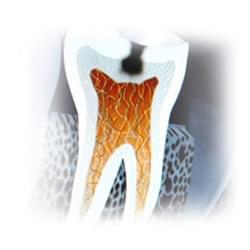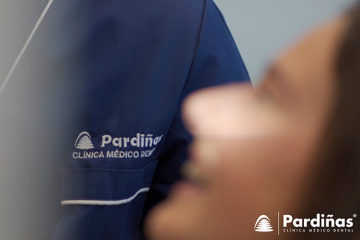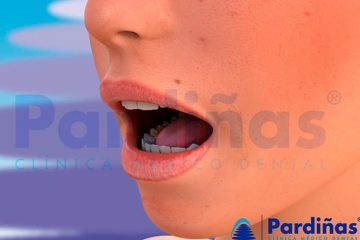 Mesolithic hunter-gatherers living on a meat-dominated, grain-free diet had much healthier mouths that we have today, with almost no cavities and gum disease-associated bacteria, a genetic study of ancient dental plaque has revealed.
Mesolithic hunter-gatherers living on a meat-dominated, grain-free diet had much healthier mouths that we have today, with almost no cavities and gum disease-associated bacteria, a genetic study of ancient dental plaque has revealed.
The international team of researchers, led by a group at the Australian Centre for Ancient DNA, University of Adelaide, publish their findings in today's Nature Genetics .
The researchers extracted DNA from dental plaque from 34 prehistoric northern European human skeletons, and traced the changes in the nature of oral bacteria from the last hunter-gatherers to Neolithic and medieval farmers and modern individuals.
"Dental plaque represents the only easily accessible source of preserved human bacteria," says lead author Dr Christina Adler, now associate lecturer in dentistry at the University of Sydney.
The researchers found the composition of bacteria changed with the introduction of farming and again 150 years ago during the Industrial Revolution.
In contrast to the hunter-gatherer and early agriculturist diet, a modern diet full of refined carbohydrates and sugars has given us mouths dominated by cavity-causing bacteria.
"What we found was that the early [hunter-gatherer] groups really had a lot lower frequencies of any of the disease-associated bacteria compared to what you see today [and] that the number of species per person's mouth, or the diversity, was much higher in the past," says Adler.
"If they've got more [bacterial] diversity that means that those people's mouths were more resilient to stresses, and probably less likely to develop disease."
Gum disease and heart health
However, while the researchers noted that bacteria associated with dental cavities such as S. mutans became dominant around the time of the Industrial Revolution, the frequency of bacteria associated with periodontal diseases such as gingivitis has not changed much since farming began.
This may have implications for the notion that gum disease and associated bacteria are a significant contributor to the recent increase in conditions such as cardiovascular disease and atherosclerotic plaques, says co-author Professor Alan Cooper, director of the Australian Centre for Ancient DNA.
"It has been suggested that the presence of this permanent inflammation state along the gums was promoting an immune inflammatory response, which in turn leads to cardiovascular disease," says Cooper.
"The idea was that a recent increase in the bacteria P. gingivalis [which causes gingivitis], was associated with the recent increases in cardiovascular disease, however we could show that this particular species has been fairly stable throughout the farming period."
The results will no doubt be good news for advocates of the so-called 'paleolithic diet' - high in meat, low in grains.
Cooper says it would be interesting to study the effects of the diet on the bacterial population of the mouths, particularly after reseeding with healthy bacteria.
Extracted from ABC Science


